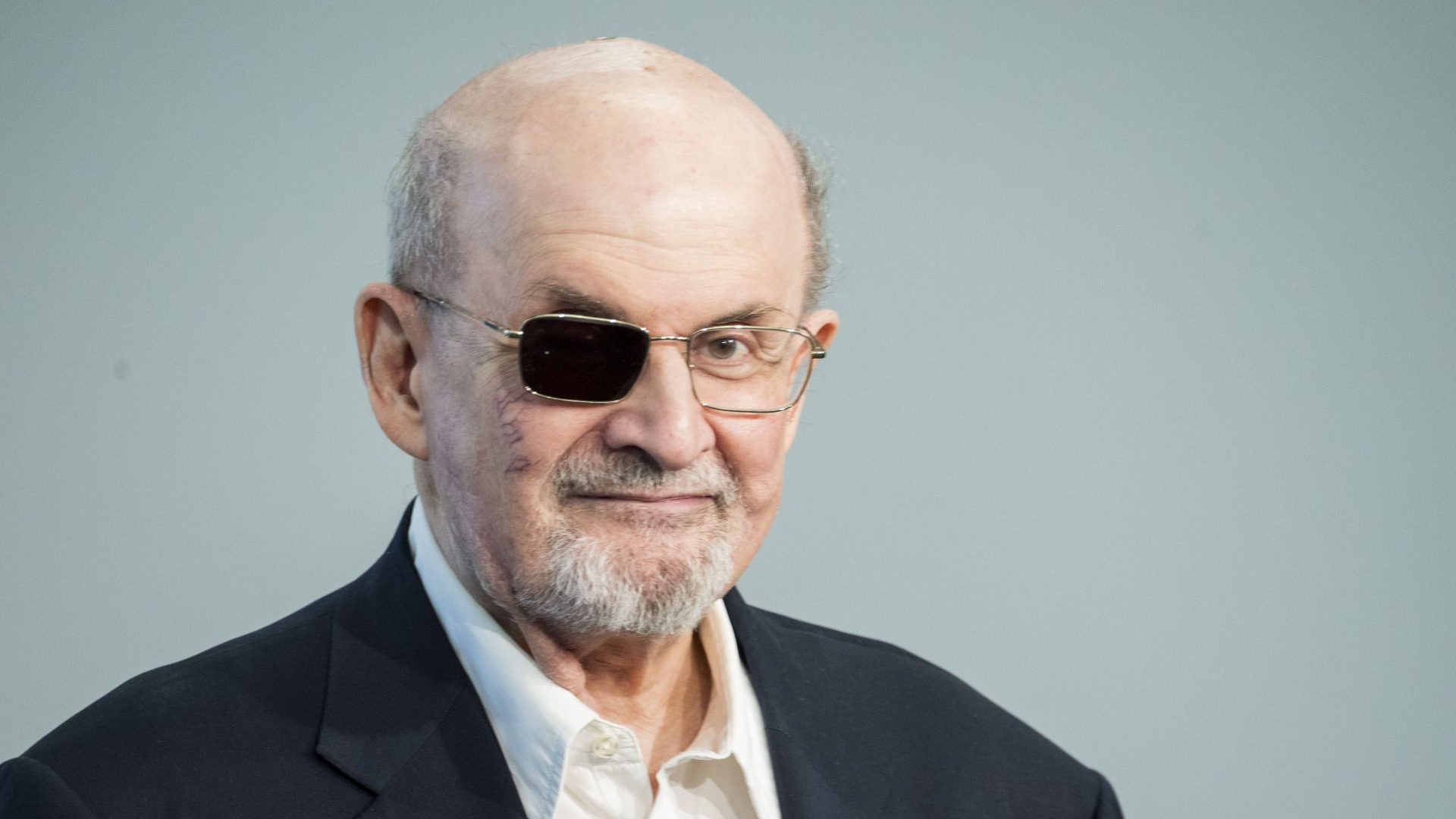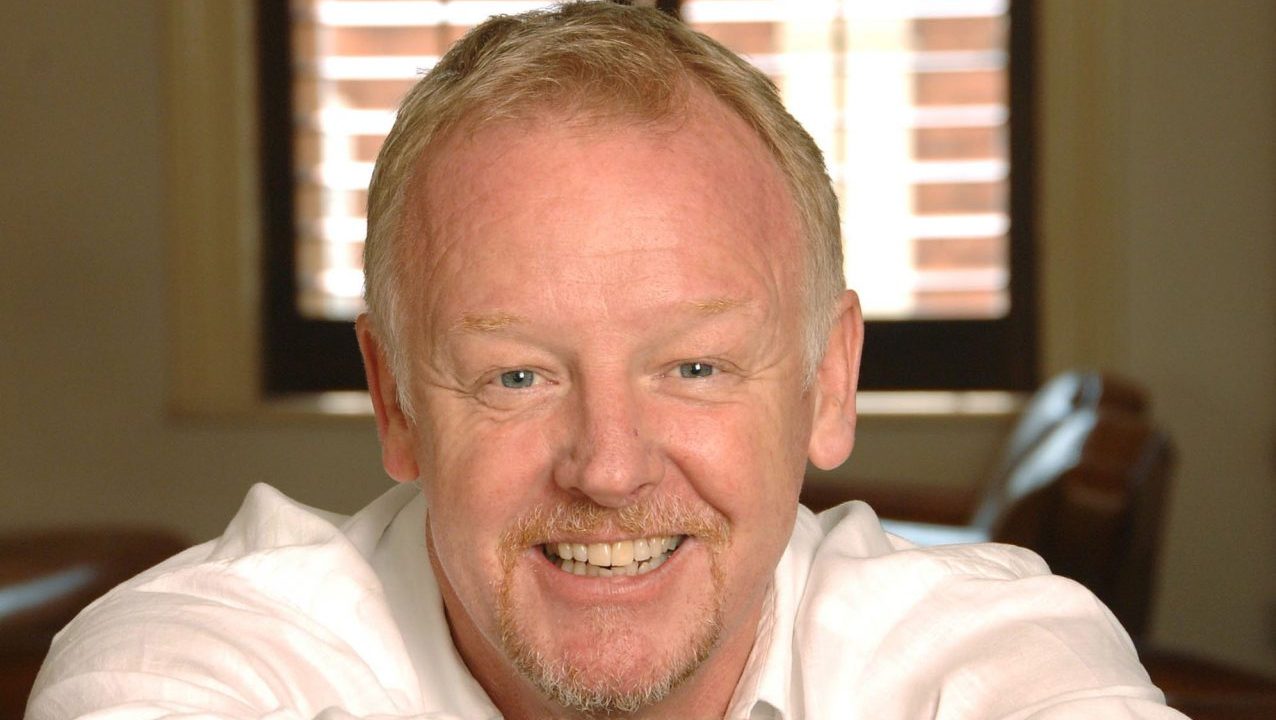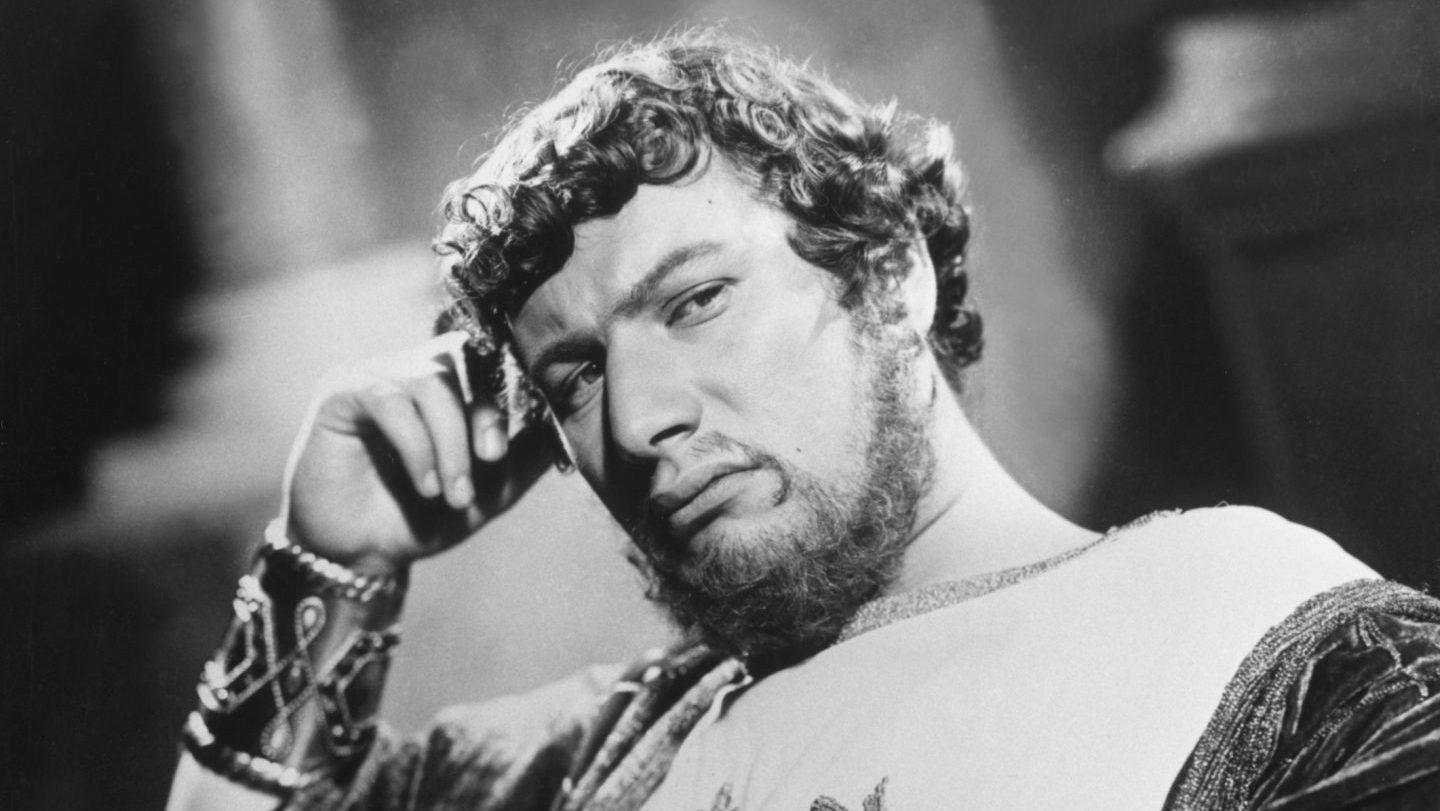PICK OF THE WEEK: BOOK
KNIFE: MEDITATIONS AFTER AN ATTEMPTED MURDER
by Salman Rushdie
Jonathan Cape
“And I thought with amazement, He’s EQUAL to it”. Thus did Martin Amis – who was himself dying of cancer – salute Salman Rushdie on his determined recovery from a brutal knife attack that was initially expected to kill him. The email exchange between the two literary giants is one of many moving moments in this extraordinary book.
At first, Rushdie did not want to write about the terrible attempt on his life on August 12, 2022, at a literary event in Chautauqua, NY: 27 seconds in which the 75-year-old novelist was stabbed 15 times by a 24-year-old Islamist inadequate. Understandably, having lived as a free man for 20 years, he had no desire to be defined once again by the fatwa issued by the Ayatollah Khomeini in February 1989, calling for his death as the author of The Satanic Verses.
But – then again – how could he not write about it? It was not just the elephant in the room but “a fucking enormous mastodon, waving its trunk and snorting and stinking quite a bit”.
What’s more: “To write would be my way of owning what had happened, taking charge of it, making it mine, refusing to be a mere victim. I would answer violence with art.” Language was, so to speak, his own “knife”.
The book is indeed a gruelling account of a gruelling experience. But it is also a love story, suffused with the author’s adoration for his wife, the poet and novelist Rachel Eliza Griffiths, and the survival of “a wounded happiness”.
There is much in these pages on art, free expression, the nature of fiction, and the notion of the miraculous. I hope, as a hurdle magnificently cleared, it helps Rushdie go on to write many more novels (the most recent, Victory City, was especially good).
Meanwhile, this is an absolute must-read.
STREAMING
FEUD: CAPOTE VS THE SWANS
Disney+
For Truman Capote fanatics like me the second season of Ryan Murphy’s Feud – the first having recounted the long battle between Bette Davis and Joan Crawford – is absolute catnip. But no prior knowledge is required to enjoy this account of the author’s famous falling out with the queens of Manhattan society: his so-called “Swans”.
In his imperial phase after the publication of In Cold Blood (1966), the best-selling “non-fiction novel” about a slaughter in Kansas and its aftermath, Capote (Tom Hollander) holds court as the diminutive literary king of New York. He surrounds himself with wealthy and beautiful women: Slim Keith (Diane Lane), CZ Guest (Chloë Sevigny), Lee Radziwill (Calista Flockhart), Joanne Carson (Molly Ringwald) and – above all – Babe Paley (Naomi Watts).
Disaster strikes when Capote breaks omertà and publishes an extract from his forthcoming novel Answered Prayers, in which the Swans, though renamed, are clearly identifiable and their private lives satirised. What follows is social excommunication and a sad decline as Capote, sodden with drink and rattling with pills, seeks readmission to the inner circle.
The ensemble cast is predictably excellent (Russell Tovey is very good as John O’Shea, Capote’s abusive manager and lover); but the series is anchored by Hollander’s epic performance which captures the author’s oscillation between personal pathos and artistic ruthlessness. Many actors have played Capote, but none better than this.
CINEMA
SOMETIMES I THINK ABOUT DYING
Selected cinemas
Almost nothing happens in Rachel Lambert’s movie set in a tiny Pacific Northwest town; but it does so exquisitely. And don’t be deterred by the morbid title: Fran (Daisy Ridley, terrific), an office worker so withdrawn she is practically invisible, does indeed daydream about her own death. But she imagines these grim scenes as though passing the time rather than engaging in true suicidal ideation.
When Robert (Dave Merheje), an extrovert and natural enthusiast, joins the staff, she is initially curious and then positively attracted to him. But their courtship is not linear or defined by false notes of epiphany.
If the film has a tentative message, it is that the only way of coming to terms with that reality is for people to reach out, however clumsily, to one another.
BOOK
THE RED HOLLOW
by Natalie Marlow
Baskerville Press
In her wonderful debut thriller last year, Needless Alley, Natalie Marlow essentially invented her own subgenre: “Midlands noir”. Now, in a sequel every bit as good, William Garrett, “private enquiry agent” is back, with his accomplice, Phyll Hall – now a fully fledged detective.
As the action begins in February 1934, Phyll’s institutionalised brother, Freddy, has a terrible experience in his residential care home, Red Hollow Hall, where the patients of Dr Henry Moon have been traumatised by the uncanny visitations of a monster embedded in the estate’s folklore. Peyote, the cult of Aleister Crowley, and characters with names like Sammy the Manc: it’s irresistible.
Marlow is a truly gifted writer who imports the tropes and character types of classic noir to 1930s Birmingham with great success and in Garrett – a shell-shocked Great War veteran given to quoting Shakespeare and Blake – has created a gumshoe fit for many more adventures.




